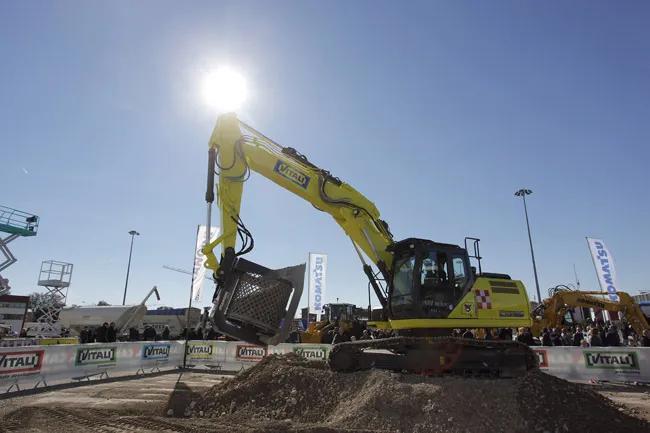The Dutch Government has announced plans to reduce the speed limits on its highways during daytime. The limits will be lowered from 130km/h at present to 100km/h, as part of a plan to improve road safety. Although the Netherlands has a very good record on road safety overall, there was an increase in road deaths in 2018. This is a cause for concern as road deaths in 2018 were the highest for 10 years. The Dutch Government has cut down on enforcement of road traffic laws, which is thought to be one factor in the increased level of road deaths. Curiously, the speed limit will remain at 130km/h during night time.
Antonio Avenoso, Executive Director of the European Transport Safety Council commented, “Higher speeds are always associated with a higher frequency of collisions and more severe consequences. So a reduction in speeds on Dutch motorways will save lives. That’s to be welcomed, especially as motorway deaths in the Netherlands reached their highest level in a decade last year.”
He continued, “However, it is important to point out that almost 40% of deaths on motorways in the EU occur during hours of darkness. (2) Switching back at night to 130 km/h – a relatively high limit by European standards – cannot be recommended from a safety point of view.”
Netherlands speed reduction for highways
The Dutch Government has announced plans to reduce the speed limits on its highways during daytime. The limits will be lowered from 130km/h at present to 100km/h, as part of a plan to improve road safety. Although the Netherlands has a very good record on road safety overall, there was an increase in road deaths in 2018. This is a cause for concern as road deaths in 2018 were the highest for 10 years. The Dutch Government has cut down on enforcement of road traffic laws, which is thought to be one factor in
November 18, 2019
Read time: 2 mins









